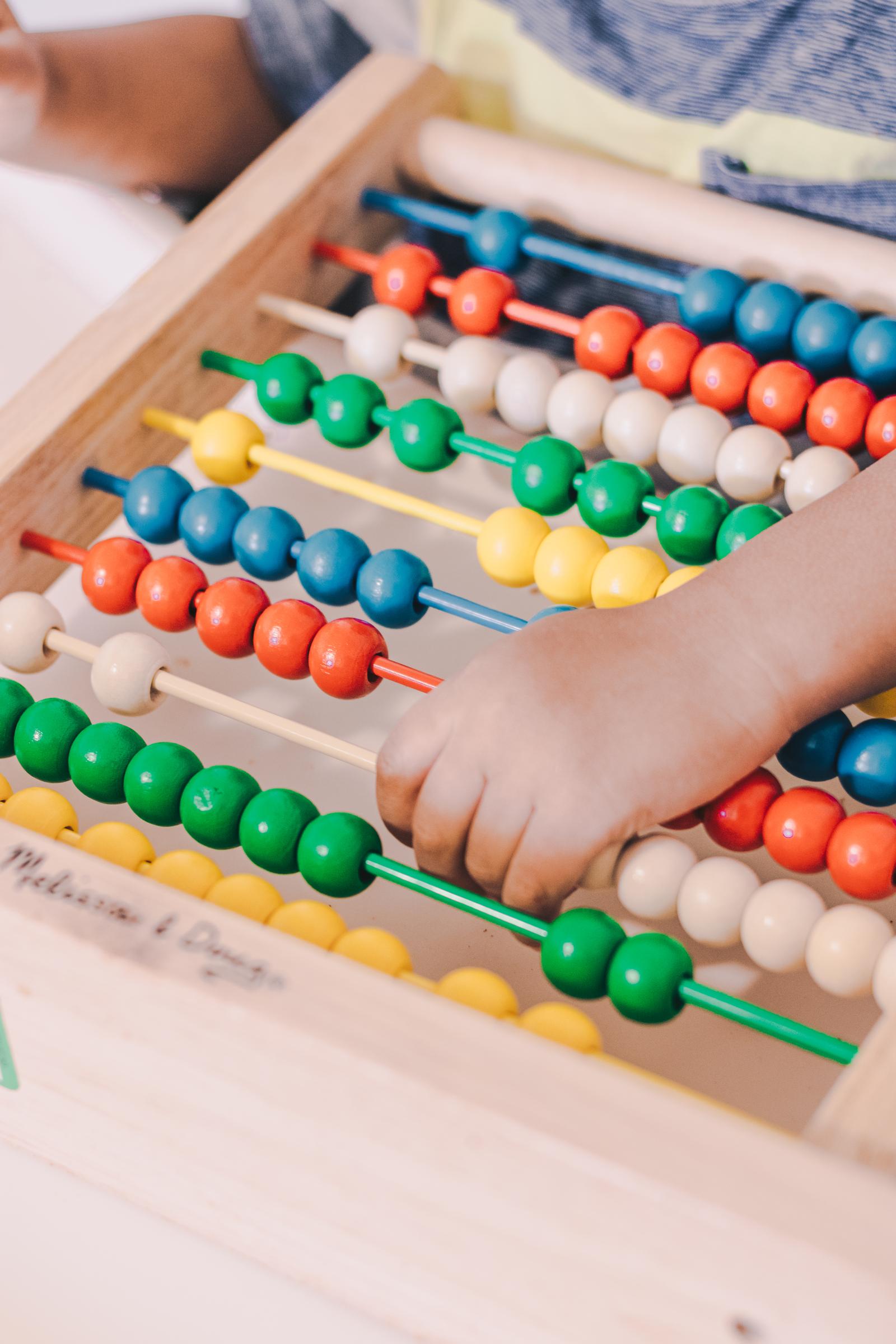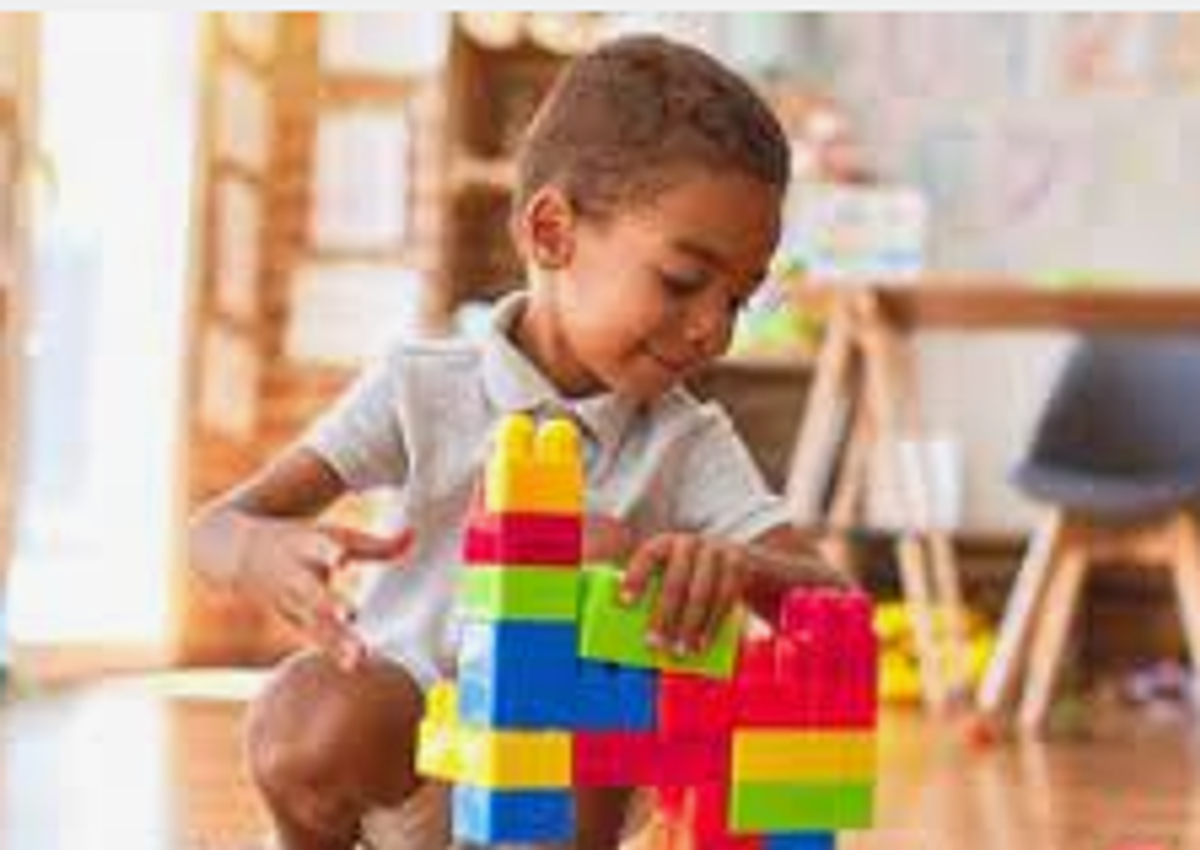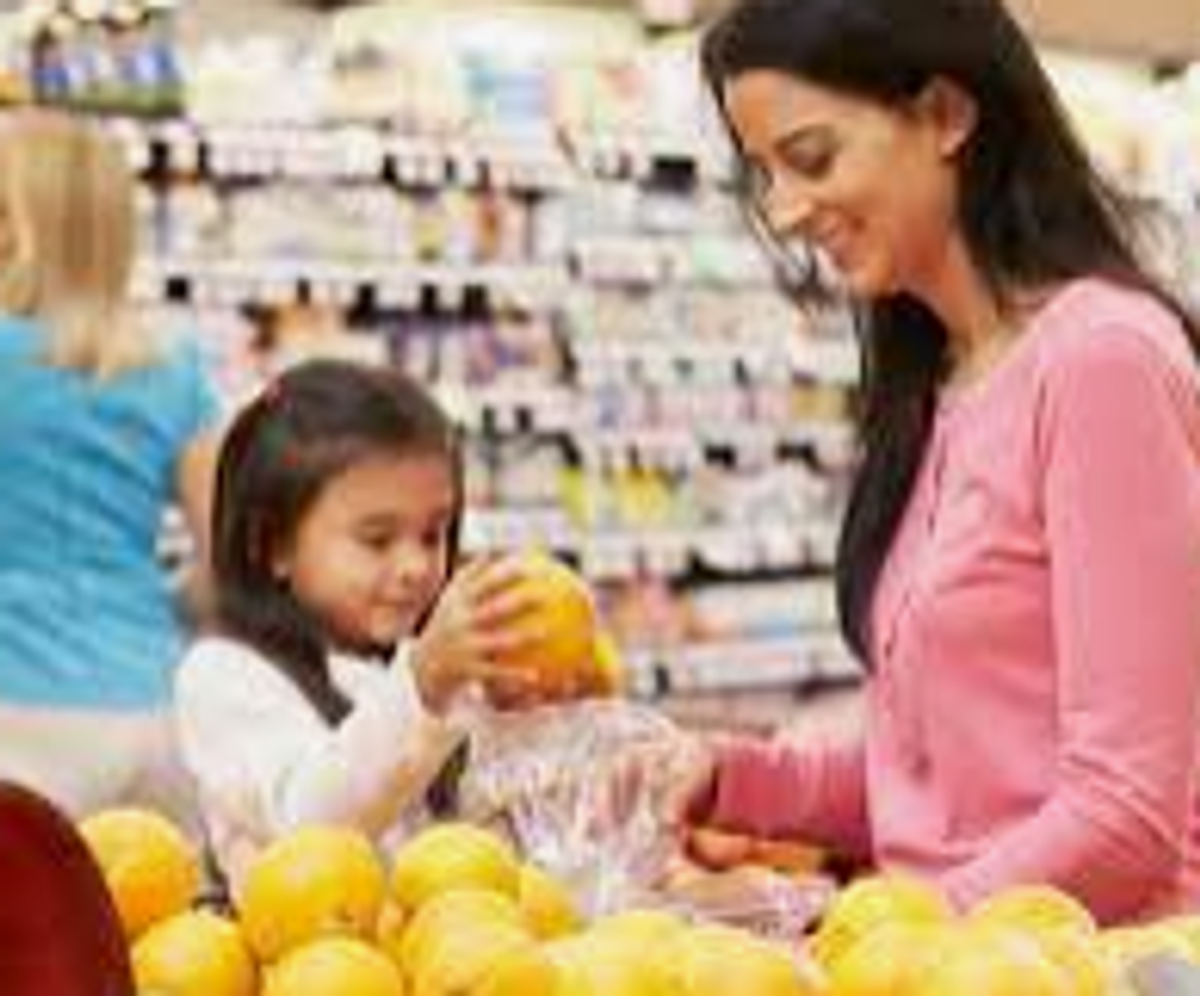Numeracy

Building your child’s early numeracy skills
A child’s first years are a time of rapid learning. Research tells us that babies have an innate capacity to understand numbers. As your child’s first teacher, you play a key role in developing their numeracy skills from an early age.
Developing numeracy skills early gives children an important foundation for their learning and development. It helps prepare them for daily life, including general problem-solving and handling money.Maths includes noticing numbers, shapes, patterns, size, time and measurement. Incorporating maths into everyday experiences is easy and fun. Maths is everywhere – in the playground, at the shops and home.Children need lots of experiences in making, counting, drawing and talking about numbers. It is important for children to develop specific language skills related to maths. Visits to the playground, or helping at home, provide rich and meaningful contexts to develop these skills.
- Use specific terms when asking for items. For example, ask your child to get the ‘one-litre’ milk bottle from the fridge, or the ‘one-kilo’ bag of flour from the cupboard.
- When cooking, talk about different measurements used, such as teaspoons, millilitres, litres, and cups. Discuss ideas about empty and full.
- As you walk, talk and play together describe your child’s movements as they climb ‘over’ the fence, slide ‘between’ the poles, and swing ‘under’ the monkey bars. This helps your child understand language related to spatial awareness.
- Sorting activities support your child to understand concepts such as ‘same’ and ‘different’. Use recycling as an opportunity to sort items to place in the rubbish. For example, paper, plastic, food waste and general waste.
Counting is one of the first experiences of maths for young children. Learning to say numbers often begins with a favourite song or rhyme and the repetition of the number names. Children will often say the numbers before they recognise and identify individual numbers. You can incorporate counting into everyday activities such as:
- Cut fruit into six pieces and ask your child to count the pieces.
- Count the pieces of toast you cooked for breakfast.
- Add the total number of cutlery items at the table.
- Count the number of people travelling in the car or on the bus.
- Count the number of houses as you walk along the street.
- Count how many steps it takes to walk from the kitchen to the bathroom.
- Practice counting when grocery shopping with your child (for example, counting the number of apples you put into the bag).
- Encourage your child to talk about the number of things in the pictures they draw.
Article adapted from www.vic.gov.au


